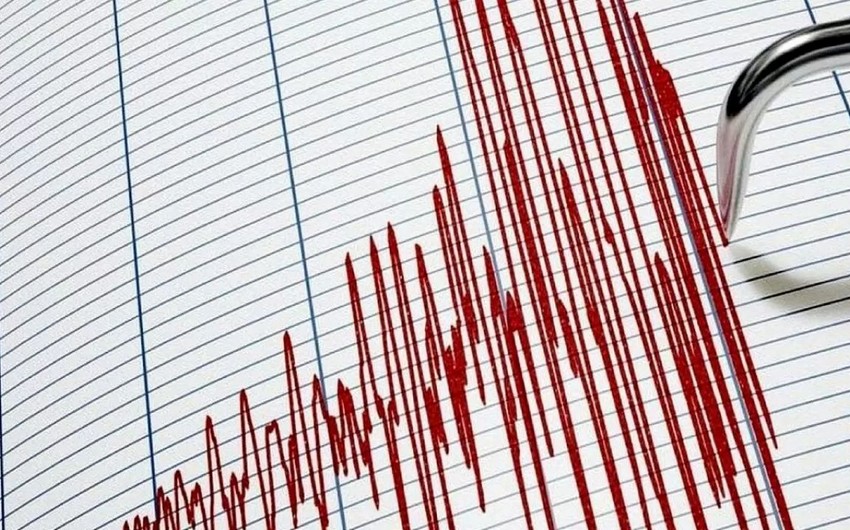Damage in the event of an earthquake in Armenia, located in an active seismic zone, could reach $2.4 billion, Report informs via Sputnik-Armenia
The calculation is presented in the study “Assessment of the potential impact of natural disasters on the debt sustainability of Armenia, Kyrgyzstan and Tajikistan”, prepared by analysts of the Eurasian Fund for Stabilization and Development (EFSD).
As part of the study, country profiles were compiled, including systematic information on geography, climate, demography and economics, as well as compilation and analysis of data on past natural disasters.
It is noted that during the period from 1992 to 2023, the most common natural disasters in Armenia were storms (38%) and floods (23%). However, the maximum damage was caused by the drought of 2000 ($170 million in 2022 prices) and the Spitak earthquake of 1988 ($34.6 billion in 2022 prices).
Direct losses from earthquakes in the country could reach $2.4 billion (12.3% of 2022 GDP). The most vulnerable region is located in the southern part of Lori, the study says.
As for possible extreme drought, economic losses for Armenit could amount to 4–5% of GDP. This assessment assumes the complete destruction of crops in the most vulnerable regions (Ararat, Armavir and Aragatsotn), as well as a decrease in the volume of livestock production.
EFSD experts have developed an action algorithm that can be used to assess the impact of natural disasters on macroeconomic parameters and the debt sustainability of the state.
“The presented approach and assessments can be used to develop fiscal strategies, as well as strategies to counter natural disasters and adapt to their consequences,” notes Deputy Executive Director, Chief Economist of the EFSD Sergey Ulatov.
This, he said, will contribute to more effective management of financial risks and ensure the stability of economic development.


 https://static.report.az/photo/f949bc8e-e282-35d5-8b5d-5f0a47a6b4b1.jpg
https://static.report.az/photo/f949bc8e-e282-35d5-8b5d-5f0a47a6b4b1.jpg

